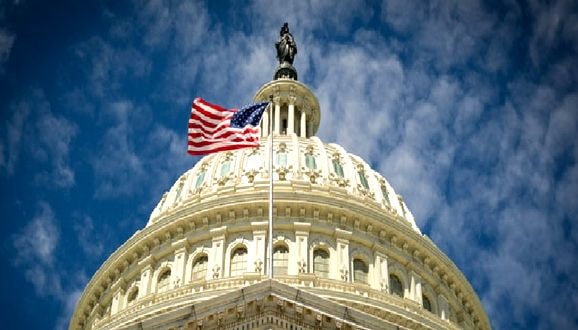Marco Santori of the Bitcoin Foundation has a piece up on CoinDesk in which he explores money transmission licenses at the state level in the US.
This, he argues, is much trickier than simple FinCEN registration.
The state with jurisdiction ultimately decides whether to grant a business a license to transmit money. It’s not a right, and it’s no entirely predictable for a 50-state rollout.
Also, because a business meets FinCEN’s definition of a money transmitter does not mean the same applies at the state level. South Carolina and Montana do not even require licenses for such companies, and New Mexico seems not to worry about it for Bitcoin businesses.
The problem so far, though, is that the other 47 states have not been too forthcoming about their own requirements for licensed Bitcoin transmitters.
What we do know is that states will reserve the right to police a business that has customers in state, regardless of whether the business itself is located in another state or on the moon.
You can see how this might apply to a decentralized, state-independent currency. And that also explains why some Bitcoin exchanges don’t even allow US customers.
Santori offers two pieces of information that can help determine whether a state will require a money transmission license. The first is having an attorney review the statutes on a state-by-state basis. That’s already tough given archaic and obsolete laws still on the books.
Santori cites New York as a particularly useful example: The state’s law never defines “money transmission” or “money” itself.
Another option Santori offers is called a “request for ruling,” in which an attorney drafts a letter to each state’s regulating body asking for a ruling on the client’s business model. While this guarantees a great deal more certainty, it is obviously time-consuming.
And to anyone simply considering ignoring money transmitter licensing, Santori offers the examples of FastCash4Bitcoin, which received a warning from its Commonwealth of Virginia, and all the Bitcoin businesses in New York whose owners were subpoenaed over the summer.
